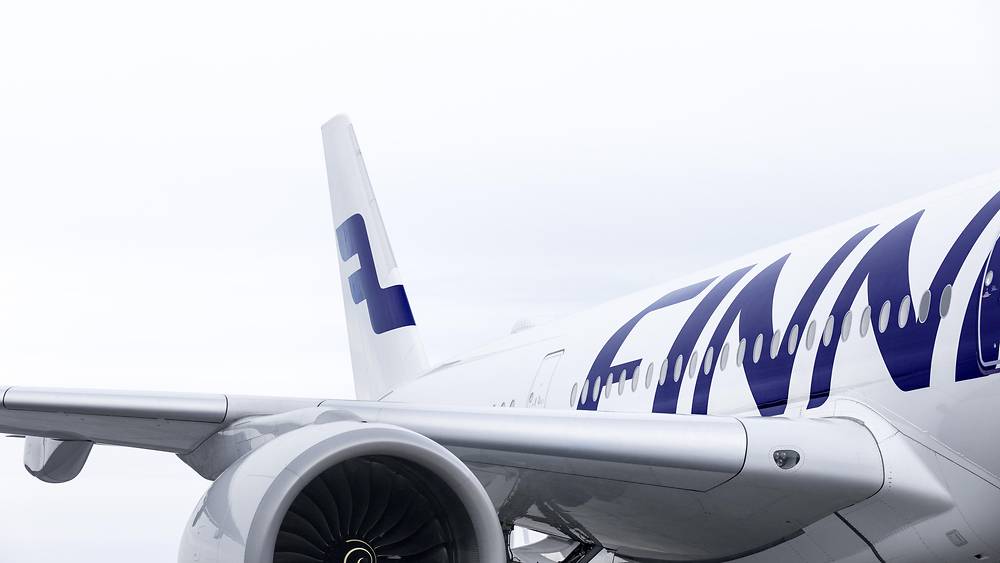Cargo news


Air cargo revenue management with Karri Kauppi: demand forecasting, not guesswork
While passenger revenue management has been practised for over forty years in the airline industry, similar efforts on the cargo side have traditionally lagged behind. That is now changing at Finnair Cargo.
Onboard the aircraft, the passenger deck has always offered a relatively fixed capacity target – the number of seats – as a baseline from which to make a forecast.
On the cargo side, the available belly space has remained more elusive to predict and a more complex issue to deal with overall. However, with modern tools, cargo revenue management is undergoing a major transformation.
Currently, passenger and cargo operations share a common goal of maximising revenue by optimising their respective seating and available cargo space on every flight. “Our job here in Cargo Revenue Management is to serve as guardians of our most valuable asset – capacity,” explains Karri Kauppi, Head of Cargo Revenue Management and Pricing at Finnair Cargo.
“By utilising modern cargo revenue management tools, we are able to avoid allocating our capacity exclusively on a first-come, first-served basis. This means we can better serve those customers who seek regular, long-term capacity allocations while still being able to handle other customers with ad hoc shipments closer to departure deadlines.”
Optimising capacity allocation
Varying kinds and sizes of cargo, reconfiguration of cargo ULDs for onward destinations, price modelling that must cater to widely differing customer needs, and intricate demand forecasting are some of the layers of complexity in cargo revenue management.
And online access and digital tools that have helped revolutionise passenger revenue management have largely been unavailable in cargo operations, until now.
It is this challenge that Finnair’s Cargo Revenue Management team has focussed on since the middle of 2018, with some very encouraging results to report.
“Modern cargo revenue management not only benefits our customers, but also contributes to greater shareholder value by more efficiently matching supply and demand with pricing,” Kauppi explains.
“Though cargo accounts for seven per cent of Finnair Group revenue and is seen as a relatively low-margin activity, it is critical to the profitability of many of our long-haul flights.”
In fact, as Karri points out, on some long haul flights cargo revenue is as much as nearly 20 per cent.
Online booking platforms are changing everything
Until recently, the air cargo industry was largely an offline affair resistant to digitalisation.
Cargo bookings were made without the benefit of an online system; by phone, fax machines and email. Similarly, price discovery and comparison for customers was always slow and cumbersome, and response times to offers measured in hours rather than minutes.
But according to Kauppi, the market is changing and Finnair Cargo wants to push that development.
“Since the middle of last year, we have been moving steadily toward a digitised distribution and revenue management model that is online in real-time and sophisticated. We are achieving this in a number of ways.”
Kauppi highlights cooperation with two industry partners in particular – cargo.one, utilising their online cargo booking platform, and Accelya, adopting their intelligent cargo revenue management platform.
These modern digital tools are changing everything.
“Already last June, we received our first online booking order from cargo.one,” recalls Kauppi. “It is transforming our commercial operations in three important ways.”
“First, being online means that we can now sell our product 24/7. Second, our customers can do their price discovery and bookings much more efficiently and at a time of their choosing. And third, we are able to utilise data algorithms that make it possible to dynamically price our cargo services based on constant changes in supply and demand.”
“The computer decides instantly which offers get accepted and at what price.”
Forecasting demand and predicting customer behaviour
Finnair’s transition to digital-centric cargo revenue management systems continues to deliver many benefits.
Demand forecasting and predicting customer behaviour; two areas that were hitherto virtually impossible to measure, are now feasible. Similarly, new cargo markets that were inaccessible before can now be reached via the online world.
“In the last six months, we have already seen over 20 per cent of our total bookings come via our online system in two significant markets – Germany and Finland. We are also seeing new customers from markets we have not seen before,” says Kauppi.
“I view these developments as a win for both Finnair and our cargo customers.”